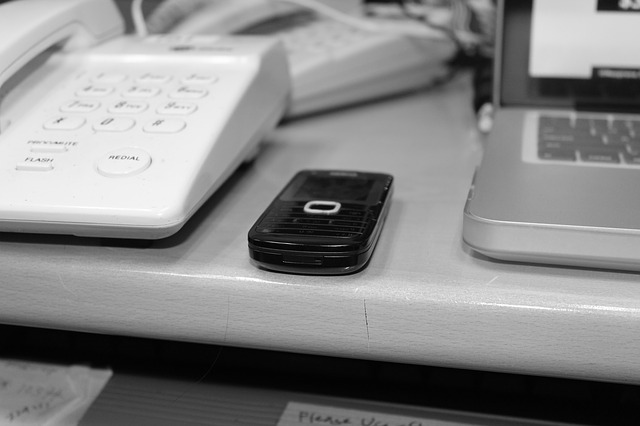It has come to our attention that many staff use their personal cell phones to communicate critical information about students and/or job responsibilities and assignments.

Simeworks / Pixabay
This is concerning for several reasons:
The district arguably “owns” all communications about students and personal phones could become part of an investigation, could be retained, and/or could be subject to public disclosure.
The district has not negotiated the use of personal phones with the BEU.
For these reasons, we STRONGLY URGE all members to STOP using personal cell phones for district business by the end of this school year.
We suggest that, with regard to communications with administrators, you inform (either via email or in person) the administrator of the following:
“Due to concerns put forth by the BEU, I will no longer use my personal cell phone for district communication. I plan to stop using my personal cell phone as of June 26, 2018. Please let me know how I should expect to communicate with you beginning in September.”
We suggest that, with regard to communications with colleagues who are not supervisors, you inform them of the following:
“The BEU is recommending that we no longer use our personal cell phones for district communication. That means that we should not be texting one another about students and student needs and for additional support. Please see the bulletin put out by the BEU for more details. I plan to stop using my personal cell phone as of June 26, 2018. Let’s discuss other methods of communication and whether or not we need to reach out to our administrators for an alternative for next school year. We can also talk with the BEU reps and grievance team members for guidance.”
************************************
For more detailed information and potential legal ramifications, please read on.
Several examples of personal cell phone use include:
• Administrators using personal cell phones to text paraprofessionals on their personal cell phones about particular assignments and changes in assignment
• Teachers using personal cell phones as emergency contacts when on field trips
• Teachers and paraprofessionals texting administrators on personal cell phones during crises in which they need additional staff support
• Teachers, BCBAs, and paraprofessionals communicating with one another on personal text threads to provide information about student functioning and extra support needs
• Teachers and administrators using personal cell phones to track student attendance from class to class
After several discussions about personal cell phone use during BEU Executive Board, Rep Council and Grievance Team meetings. and consultations with MTA, the BEU finds these concerns:
The use of personal cell phones has not been negotiated with the BEU. It is not fair to expect us to use our phones without proper compensation, especially when others are provided school phones. In addition, without negotiations, no rules have been established for their proper use.
Arguably, the Public Records Law of Massachusetts requires that all school communications must be retained by an official record keeper. Accordingly, it could be argued that text messages concerning school business must be retained, and those communications may be subject to public disclosure in connection with a valid public records request. Do we always script our communications with an eye toward public disclosure?
If the District has a concern about texts (or any other material) on your phone, they may ask to see your cell phone to investigate. While you have a right to refuse to share your cell phone (unless served with a lawfully issued subpoena or warrant), this may put you in a difficult position that may be partially avoided by not using the phone for school business.
The BEU leadership has communicated our concerns to Andrew Bott and Mary Ellen Dunn on numerous occasions. While they have alluded to agreeing with us, they have not yet presented a solution for how staff should manage critical communication during the school day.